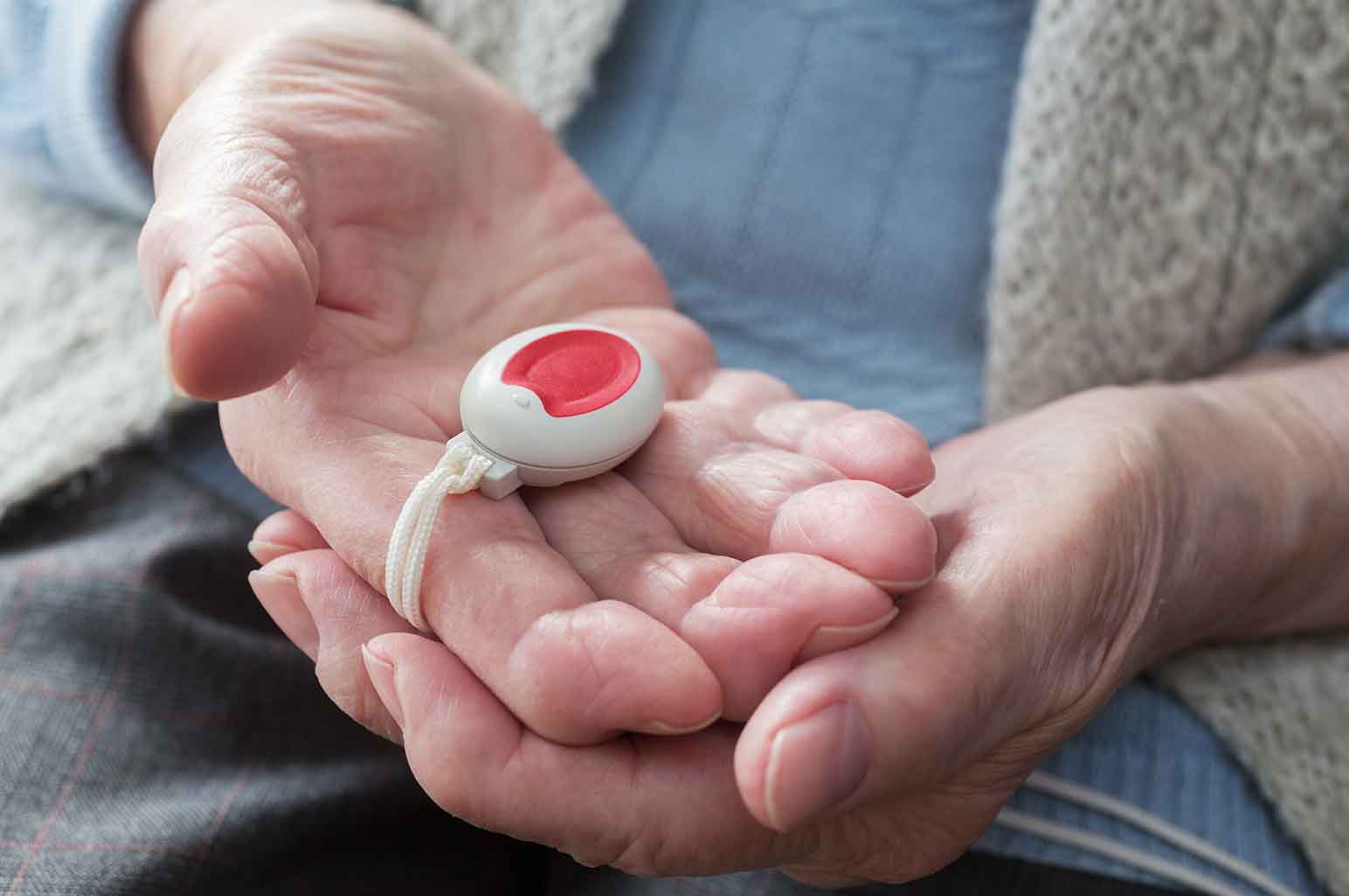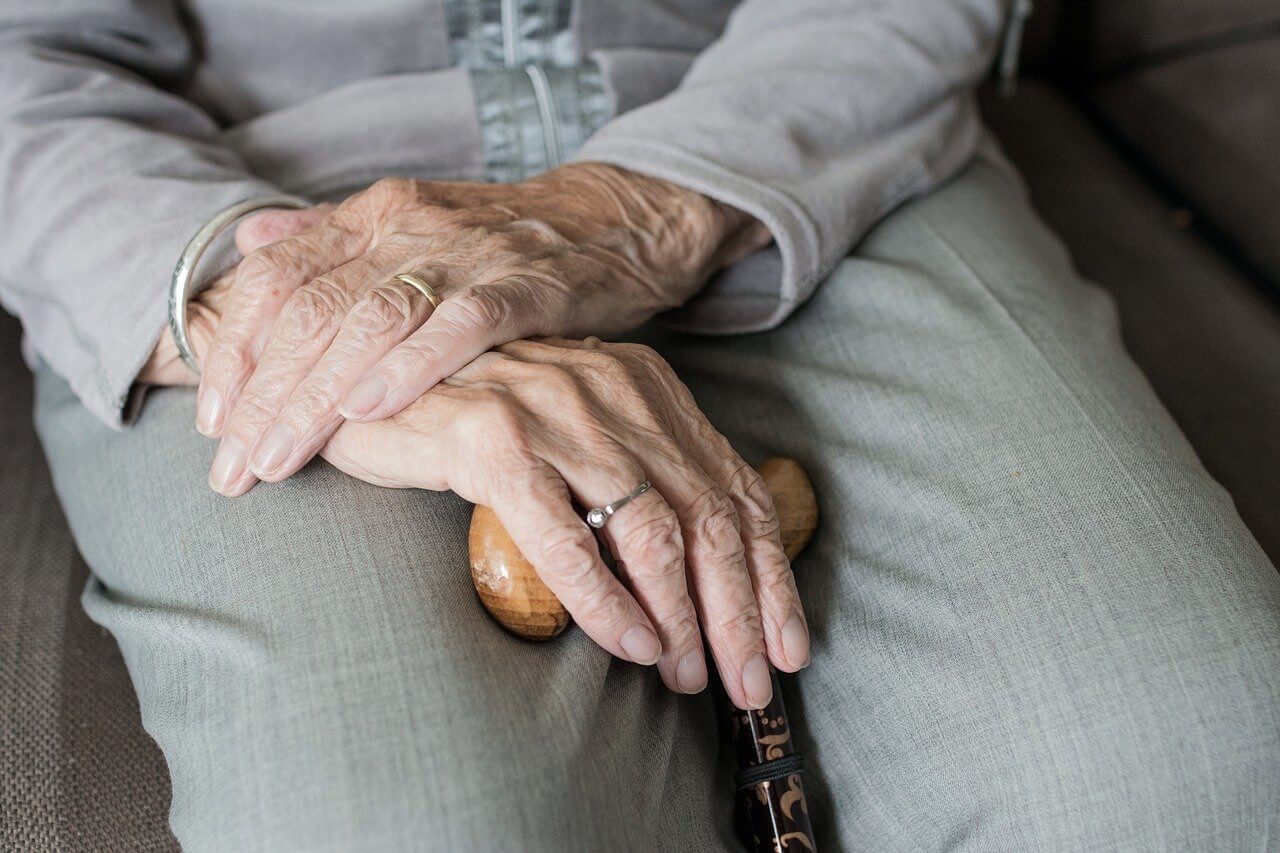
On facing medical emergencies such as heart attacks and strokes, which are the leading causes of death among seniors, getting immediate medical help can prevent the death of the patient, especially if they’re alone. Since these conditions mostly render the patient immobile or in shock, having access to a device that recognizes the medical emergency and calls for help automatically becomes pretty convenient, and that’s what medical alert systems are all about.
There are a few things you should know when considering the idea of getting a medical alert system, whether for yourself or a loved one. Here are a few things to keep in mind.

WHO SHOULD USE MEDICAL ALERT SYSTEMS?
Generally speaking, anyone who wants to keep their peace of mind should install a medical alert system in place. Having a system that works 24/7 and will alert you in case of a medical emergency, a break-in, a fire breakout, or any kind of calamity will help you keep your anxiety under control. While it can work for everyone, it may be most necessary for seniors living alone. Depending on the health of the senior, they may have mobility limitations, serious chronic conditions, or be at increased risk for breaking their bones if they slip and fall. In these situations, wearing or having access to a medical alert system can act in their place and call emergency services to carry out the needed action.
MONITORED SYSTEMS
When it comes to medical alert systems, you have the choice between monitored and unmonitored systems. Monitored systems work best in case of emergency, where they connect the in-need person directly to a 24/7 accessible dispatching center who’ll be fast to act with the needed measures. On the other hand, unmonitored systems won’t be connected to this center. They give the person the option to designate an emergency call list, which the device will dial automatically once the emergency button is pressed. For instance, people who are wary about their privacy and contact information may opt to add their close family members and friends on the emergency call list instead of the manufacturer company’s contact center.
The main difference between both systems lies in their pricing plans. Monitored systems usually have higher monthly fees than unmonitored ones, for which you’ll usually make a one-time purchase for the device only. Other factors can affect the price of monitored systems, such as activation fees, cancellation policies, and monthly consultation fees.
MOBILE VS. HOME-BASED SYSTEMS
Depending on your needs, you may settle for a home-based system or opt for a mobile one. Home-based systems are the origin of the story, where they’d been designed to work in connection with your landline. The advancement in mobile technology has made it possible to integrate these systems into a wearable that tracks your location through GPS and cellular networks. When it comes to choosing the system, you’ll need to consider your location and mobility needs. In the case of a senior who barely leaves the house, a home-based system can do the job effectively without complicating the user experience for the senior. Alternatively, if the person in-need moves a lot or is more comfortable with wearables, then a mobile-system may be more convenient for them.
When choosing the right medical alert system, there are a lot of factors to take into consideration. The functionality, kind of equipment, user experience, and key features are a few factors that will heavily impact your decision. Although choosing the right system can feel daunting, it’s usually necessary to help you keep the safety of your loved ones.
HOW MEDICAL ALERT SYSTEMS CAN SAVE LIVES
Installing medical alert systems can save the life of the victim in three steps.
First of all, the senior or person in need should press the emergency button. Once pressed, it will send a signal to the monitoring staff, alerting them to the fact that something had gone wrong.
Next, one of the monitoring staff will call the person in need to inquire about the severity of the situation. They’ll require information about their condition and details about their surroundings while giving them emergency tips of what to do or refrain from doing until help arrives
Finally, they’ll contact the needed emergency service, brief them about the situation, and provide location information. The emergency services will then move to help the in-need person, while the monitoring staff alerts the family of the victim.

For seniors with neurodegenerative diseases, such as dementia, it’s better to install a system that automatically calls for emergency services in case of an accident. Medical alert systems were created for providing optimum care for seniors. In many situations, access to these small devices can be the thin line between life and death.
